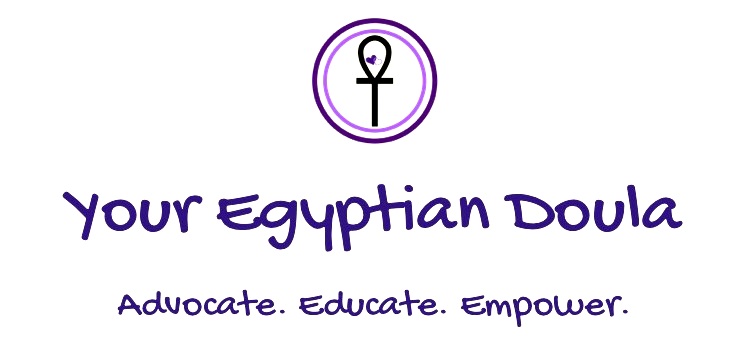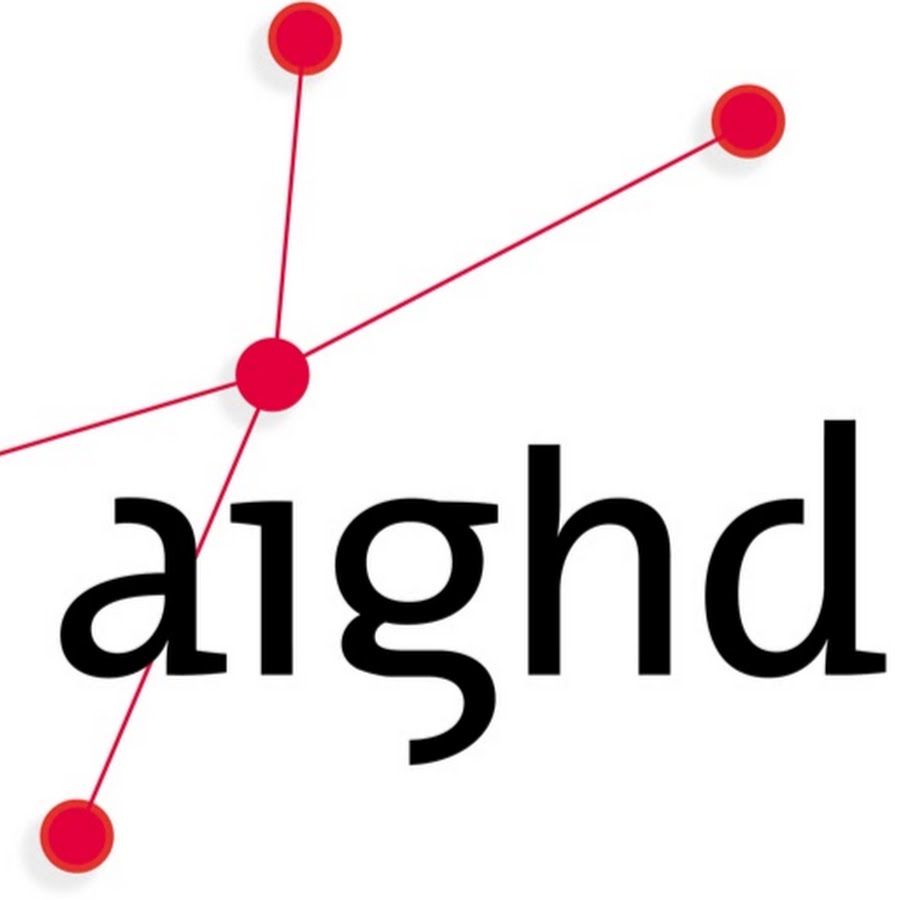Preventing postpartum haemorrhage: task shifting in the Active Management of the Third Stage of Labour
View knowledge productFor this project, researchers aimed to assess whether there is a difference in the effectiveness of uterine tone assessment when performed by a midwife compared to a patient’s self-assessment on mean blood loss and the incidence of postpartum hemorrhage. The goals of this proposal were: firstly, to complete the Uterine Tonus Assessment by Midwives versus Patient self-assessment in the active management of the third stage of labour (UTAMP) trial, focusing on patient recruitment, data entry, and data validation. Secondly, to analyze and disseminate the results to the wider research, policy, advocacy, and clinical communities in reproductive healthcare in low-resource settings, including Ghana, the Netherlands, and internationally. Thirdly, researchers worked to assemble a consortium of (international) partners to identify future research priorities for task shifting in the active management of the third stage of labour.
Knowledge product details
-
Small Grants
-
2015
-
Ghana
-
Advocacy
-
Maternal health
-
Share-Net Netherlands
-
English
-
Project Presentation




